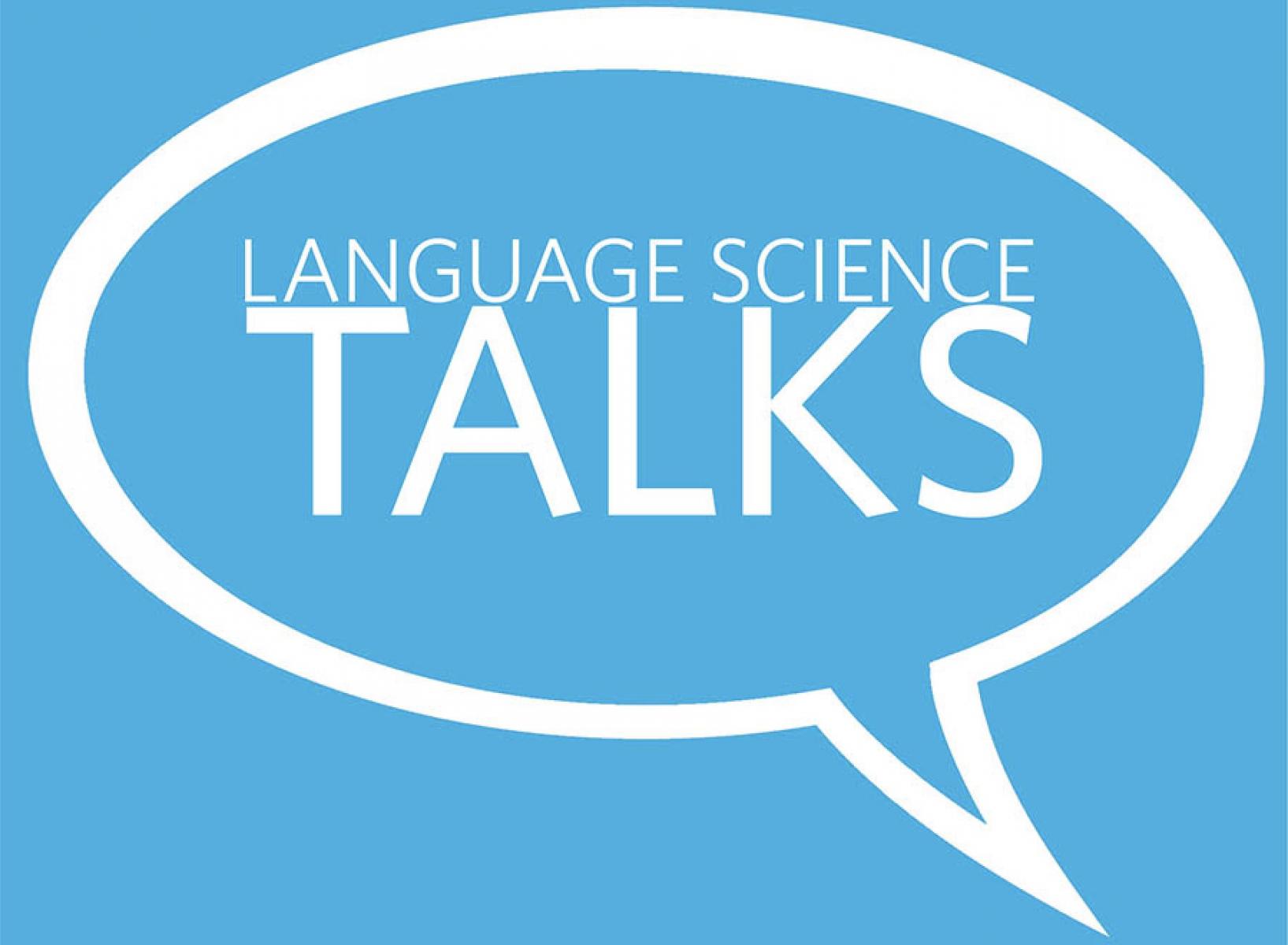Language Sciences Talk - Dr. Darko Odic on "What the representational format of perceptual magnitudes tells us about language, math, and metacognition"
March 17, 2023, 12:00 pm to 12:00 pm
Join us at the Dodson Room in the Irving K. Barber Learning Centre on Friday, March 17th, 2023 from 12:00-1:00 pm for the next Language Science Talk featuring Dr. Darko Odic. Dr. Janet Werker, Language Sciences Co-Director will be moderating this event.
Registration for this event is required as a light lunch will be provided for in-person attendees and numbers are needed for catering. Please RSVP using the button below.
Please use the Zoom details below to attend virtually:
Zoom Link: https://ubc.zoom.us/j/63109059683?pwd=b2Z6K3VBNkt4RkpYNWdiTCtkTXlMZz09
Meeting ID: 631 0905 9683
Passcode: 460535
Title: What the representational format of perceptual magnitudes tells us about language, math, and metacognition
Abstract
Representations are defined both by their content (what they refer to) and their format (how they refer to it). Developmental and cognitive psychologists have long debated about how the content of our perceptual representations of number, time, and space contributes to our mathematical and metacognitive abilities. But comparatively less work has focused on how the format of these representations predicts both early successes and surprisingly late failures in how perception interfaces with higher-order cognition.
In this talk, Dr. Darko Odic will discuss a series of findings in his lab that shine a light on this issue, demonstrating that the format of perceptual representations of number allows for: (a) an early emergent sense and domain-general sense of magnitude metacognition; (b) a domain-general interface between perceptual magnitudes and number words; and (c) the ability for children and adults to rapidly extract the minimal and maximal element in a set, even beyond the typical limits of working memory.
Speaker Bio
Darko Odic is a developmental psychologist interested in the origins of language and thought. His research is at the intersection of cognitive development, psychophysics, and psycholinguistics. He is especially interested in how children intuitively represent and reason about number, time, and space, and how language acquisition enriches basic intuitions about quantity and helps children learn uniquely human abilities including mathematics and science. The ultimate goal of Darko’s research is to understand why learning is sometimes easy, and sometimes hard and protracted.
